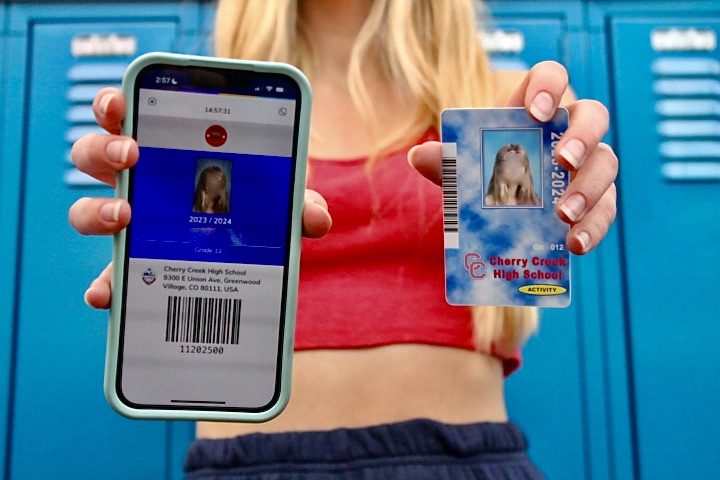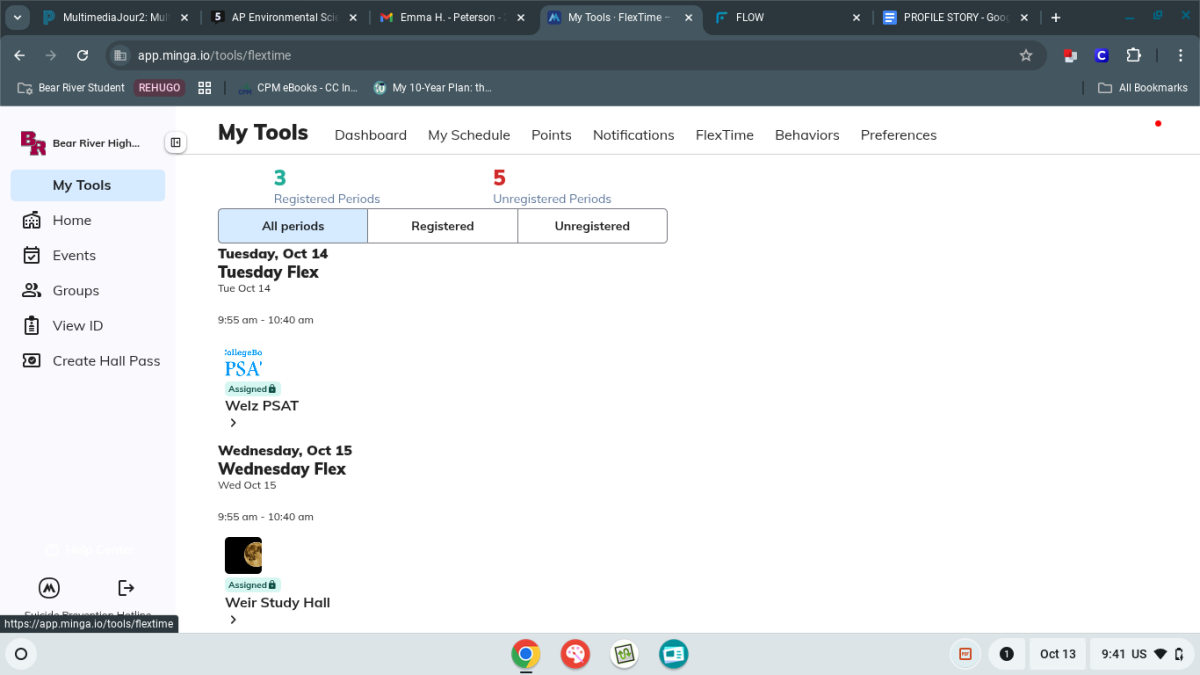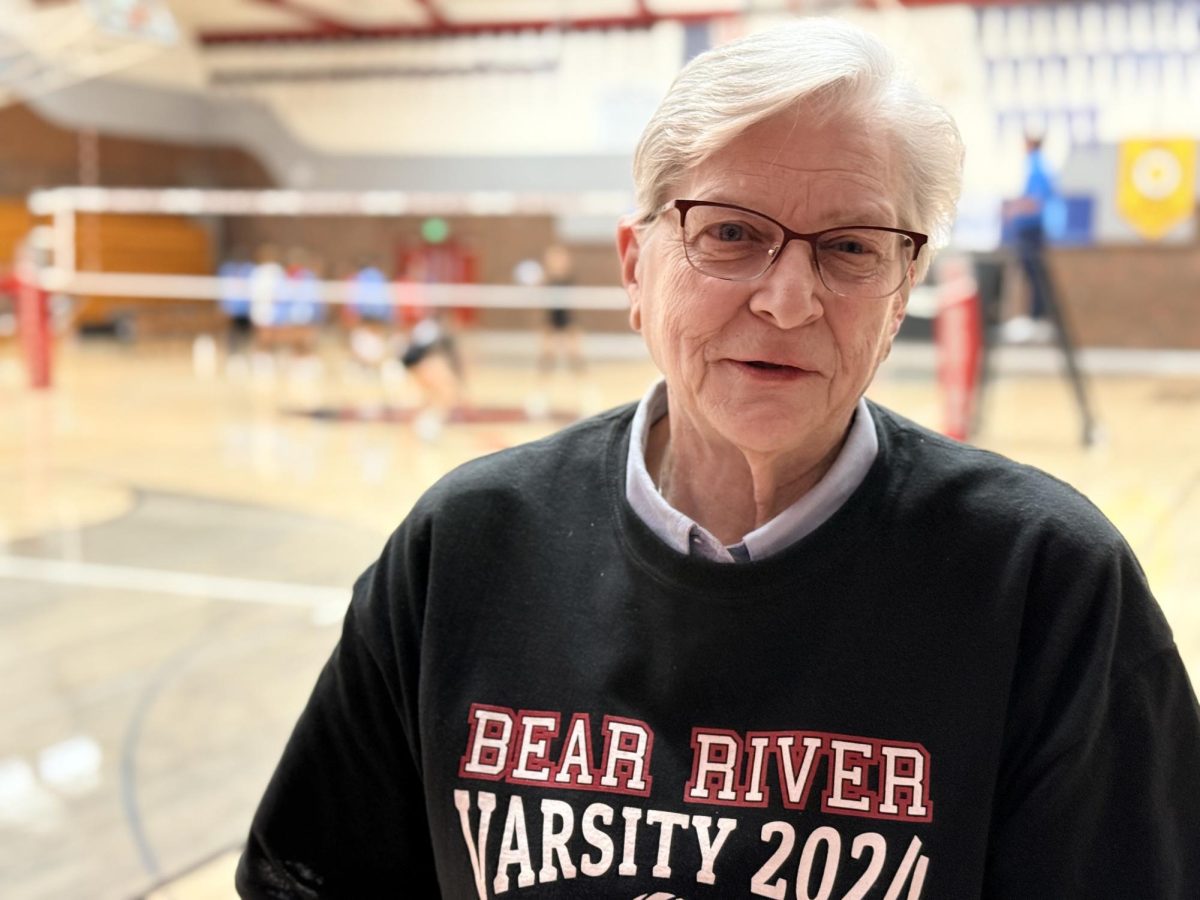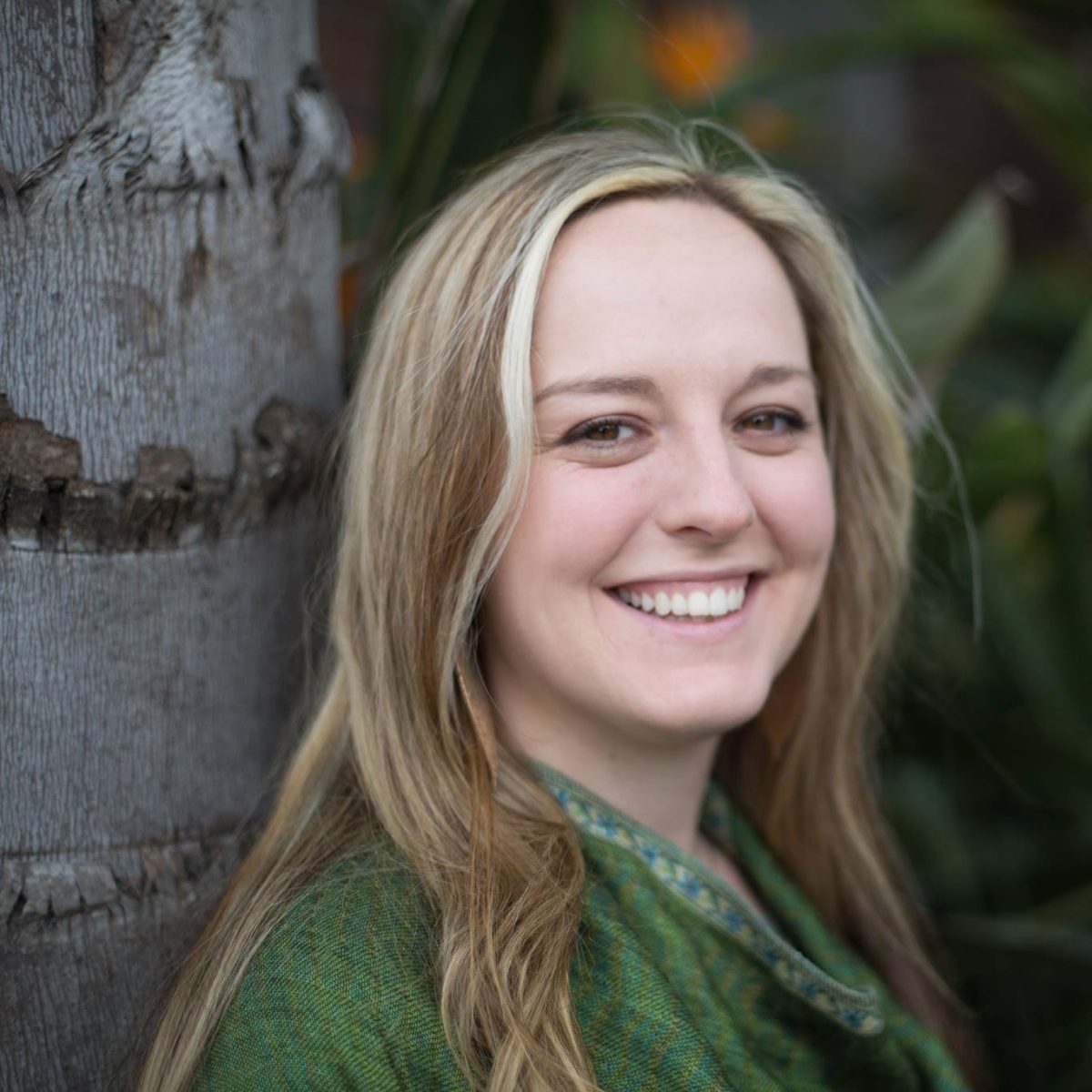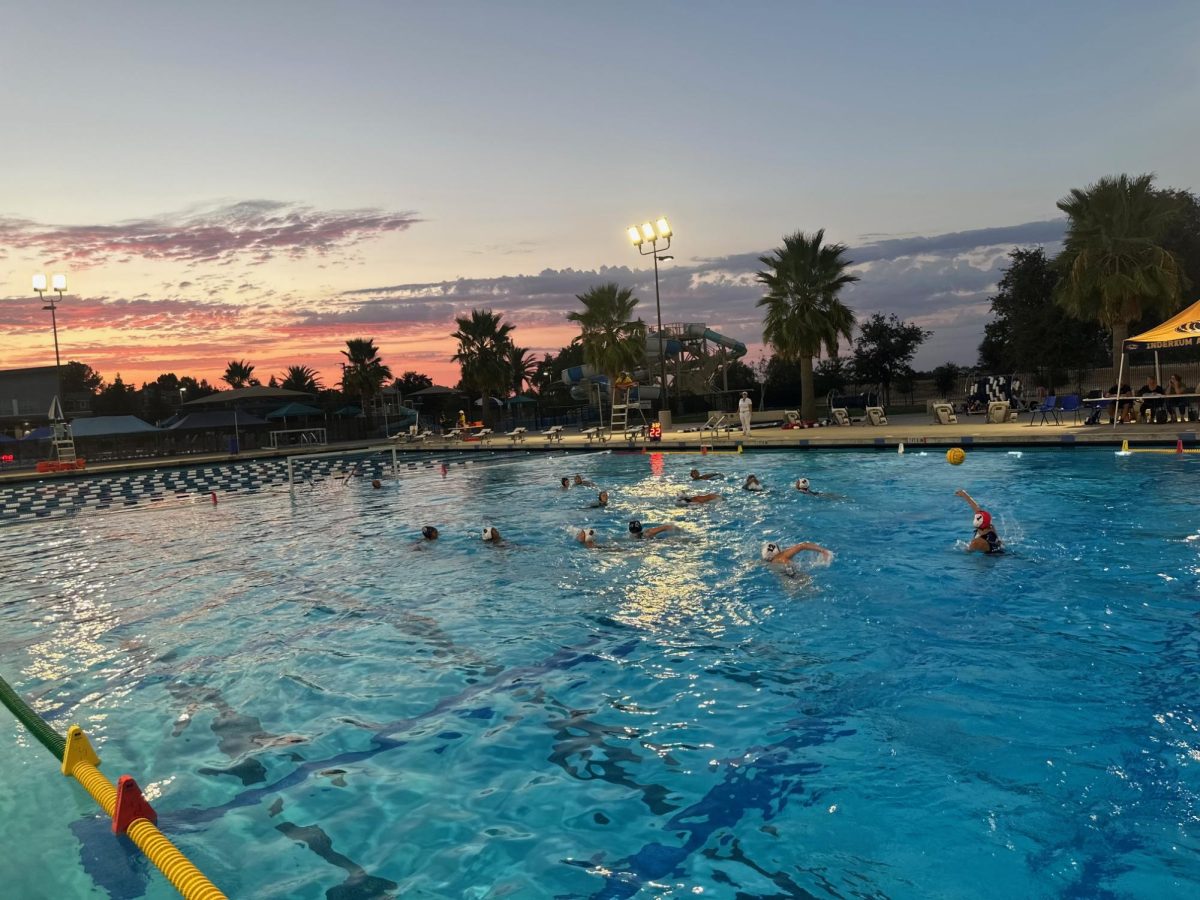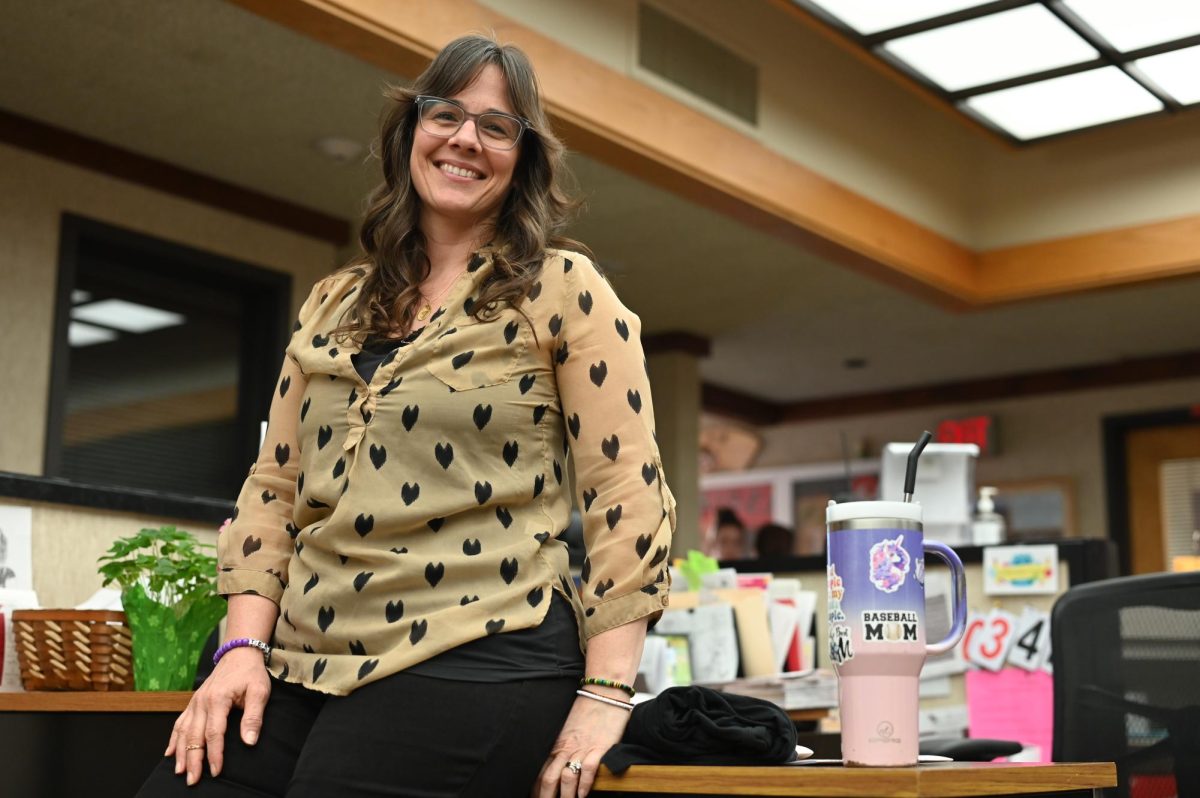Many colleges all around the world require that a student must take a foreign language for at least two years to be admitted into the school. Students can take Spanish classes at Bear River for two to four years to fulfill that requirement. Some of these students learn to speak Spanish fluently, while others take the class to simply to get it over with.
Learning another language definitely isn’t easy, but with hard work, it can pay off.
“Learning languages always takes a lot of time and even more patience,” said Madita Hiller, a senior who speaks four different languages. “Every week I have to learn new words to extend my knowledge. To be honest, learning vocabulary is not fun at all,.”
Spanish teacher Daniel Bussinger also had a few comments to provide.
“There are also jobs available to bilingual applicants that are not available to others, and best of all, you can get higher pay at a job you choose by being bilingual,” he said.
“I like being able to understand certain things and … translate things,” said Freshman Ayla Sharp. “I do not regret taking this [Spanish] class.”
Knowing another language can definitely come in handy if you have a full understanding. California has the most Spanish speaking population out of most of the states, so learning Spanish could become helpful if you are looking for a career that involves talking to people from different places.
“Language is the key to the world,” said Hiller. “I would say learning a language helps you become more open minded and get a global understanding.”
Although learning a foreign language isn’t necessary after graduating, it can certainly benefit you. Not only would it help you during work and live, but also when you take a vacation to a foreign country. Knowing the language can help keep you safe and comfortable in the environment.
“Knowing languages makes traveling a lot easier,” said Hiller. “I am lucky that I could participate in different exchange programs.”
“You can get a better deal on souvenirs!” Mr. Bussinger said.
Taking a foreign language is required, so the student is faced with the decision whether they will try to fully understand the language. A student can get an ‘A’ in the class and never learn how to fluently speak the language. If you take two to four years worth of a foreign language class and in the end, you are not able to speak and understand the language fully, it can be a waste of time and energy.
“Unfortunately, learning a language is not a skill that lasts forever,” said Hiller. “You always have to practice it in order to not forget it.”
All students have different ways of learning another language.
“I had to practice three hours a day,” said Senior Salvatore Ginexi who speaks two languages, Italian and English. ” … Sometimes I watch something in English or read books in English.”
Although it can take a lot of time and work, learning another language can prove to be beneficial when it comes to learning other subjects.
“Studies have shown that knowing another language exercises and balances our brain,” said Mr. Bussinger. “Exercising your brain is analogous to exercising your muscles, and having two or more languages in there is better than steroids! Your synapses grow fatter and closer together, enabling quicker reference to knowledge you have stored. So that means you are literally smarter if you know more languages.”
In the long run, knowing another language can benefit you in many ways, despite the hard work and commitment that comes with it.


